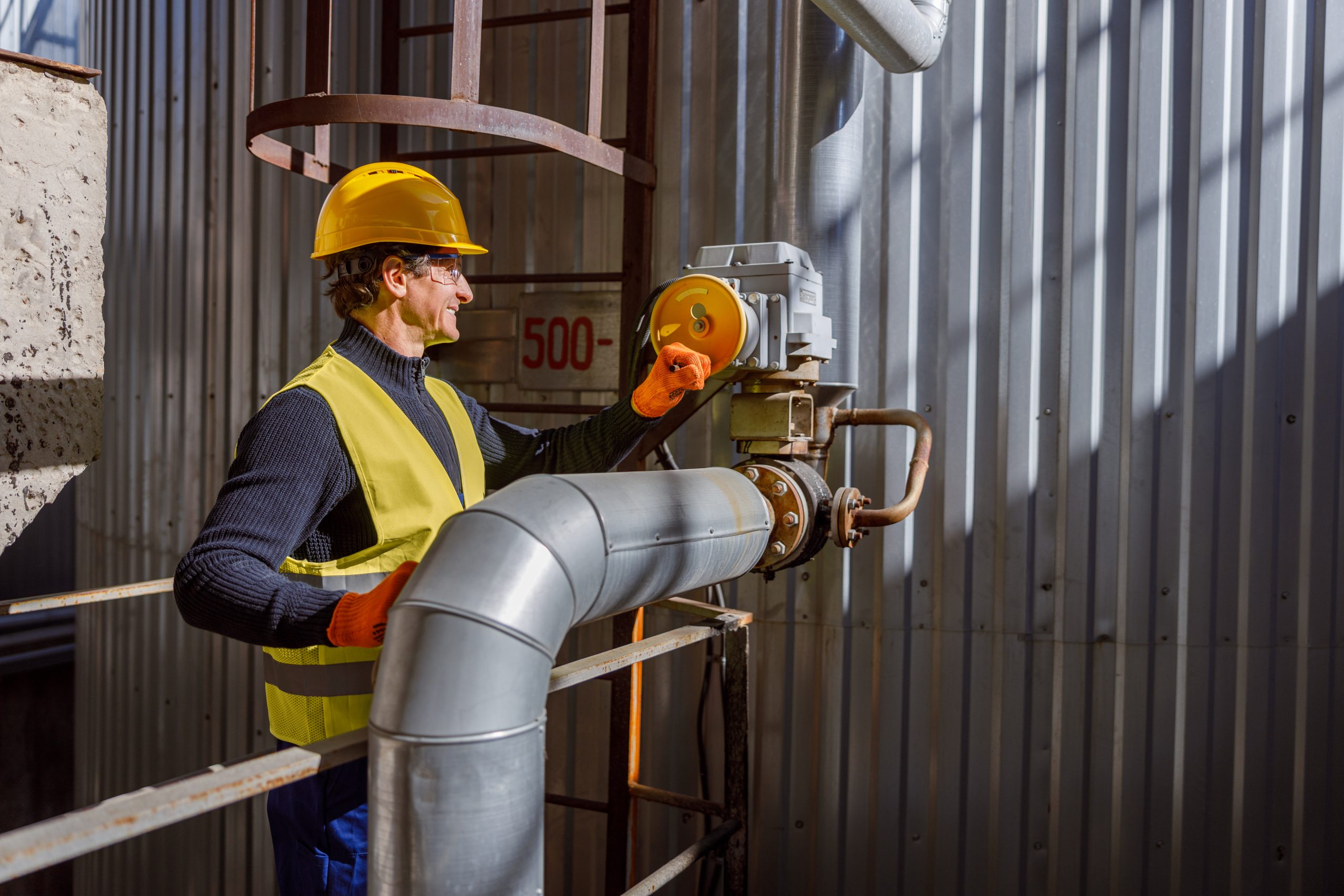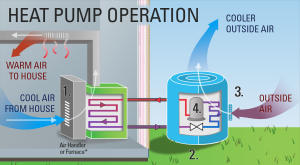Introduction:
Heat pump have emerged as a revolutionary technology that offers efficient and environmentally friendly solutions for heating and cooling. As the world grapples with climate change and the need to reduce greenhouse gas emissions, heat pumps present a viable alternative to traditional heating systems that rely on fossil fuels. This blog delves into what heat pump are, how they work, their benefits, and their potential to transform our approach to energy consumption in both residential and commercial settings.
What are Heat Pumps?
A heat pump is a device that transfers heat from one location to another using a small amount of energy. Unlike conventional heating systems that generate heat by burning fuel, heat pump move existing heat from the air, ground, or water to where it is needed. This process can be reversed to provide cooling, making heat pumps a versatile solution for year-round climate control.
There are three main types of heat pumps:
- Air Source Heat Pumps (ASHPs): These extract heat from the outside air and are the most common type used in homes.
- Ground Source Heat Pumps (GSHPs): Also known as geothermal heat pumps, these draw heat from the ground. They are typically more efficient but involve higher installation costs due to the need for underground pipes.
- Water Source Heat Pumps (WSHPs): These use bodies of water like lakes or ponds as their heat source. They are less common but can be highly effective in suitable locations.
How Do Heat Pumps Work?
The operation of a heat pump is based on the principles of thermodynamics and the refrigeration cycle. Here’s a simplified explanation:
- Evaporation: The heat pump contains a refrigerant that evaporates at low temperatures. The refrigerant absorbs heat from the source (air, ground, or water) and evaporates into a gas.
- Compression: This gas is then compressed, which increases its temperature.
- Condensation: The hot gas passes through a condenser, releasing its heat to the desired space (inside a home or building). As it loses heat, the gas condenses back into a liquid.
- Expansion: The liquid refrigerant then passes through an expansion valve, lowering its pressure and temperature, and the cycle begins again.
Benefits of Heat Pumps
- Energy Efficiency: Heat pumps can achieve efficiencies of 300-400%, meaning they can produce three to four units of heat for every unit of electricity consumed. This is significantly higher than traditional electric or gas heating systems.
- Environmental Impact: By utilizing renewable heat sources, heat pumps reduce reliance on fossil fuels and lower greenhouse gas emissions. They play a crucial role in achieving carbon neutrality targets set by governments worldwide.
- Cost Savings: Although the initial installation cost of heat pumps can be high, the operational savings over time are substantial. Lower energy consumption translates to reduced utility bills, and many regions offer incentives or rebates to offset installation costs.
- Versatility: Heat pump provide both heating and cooling, making them a year-round solution. This eliminates the need for separate systems, saving space and maintenance costs.
- Comfort: Heat pump provide consistent and even heating without the dry air typically produced by traditional heating systems. They also operate quietly, contributing to a more comfortable indoor environment.
Challenges and Considerations
Despite their advantages, there are several challenges and considerations to keep in mind when adopting heat pump technology:
- Initial Cost: The upfront cost for purchasing and installing heat pump can be high, especially for ground and water source systems. However, this can be mitigated by long-term savings and available subsidies.
- Climate Suitability: While modern heat pumps can operate efficiently in cold climates, extreme temperatures can affect their performance. Supplemental heating may be needed during very cold periods.
- Installation Complexity: Proper installation is critical for the efficient operation of heat pumps. This requires skilled professionals and can be disruptive, particularly for ground and water source systems.
- Electricity Dependency: Heat pump rely on electricity, so their environmental benefits are maximized when powered by renewable energy sources. Otherwise, their use can shift the demand from fossil fuels to the electrical grid.
Tips for Maintaining Your Heat Pumps
- Regular Inspections: Have a professional inspect your heat pump annually to ensure all components are working correctly.
- Filter Replacement: Replace or clean filters every 1-3 months to maintain airflow and efficiency.
- Clear Surroundings: Keep the outdoor unit free from debris, leaves, and snow to ensure proper airflow.
- Monitor Performance: Keep an eye on your energy bills and system performance. Sudden increases in energy use may indicate a problem.
- Check Refrigerant Levels: Ensure refrigerant levels are optimal for efficient operation.


